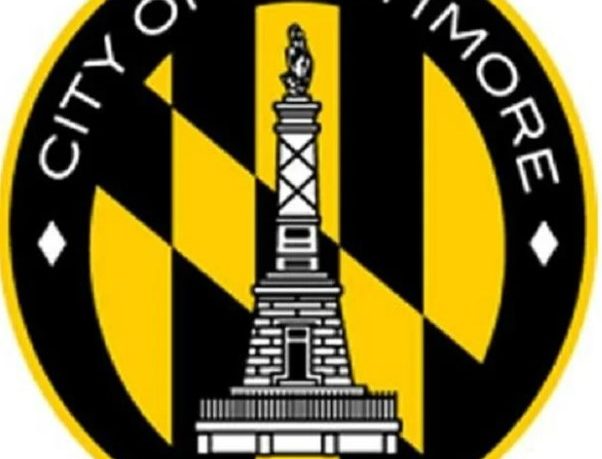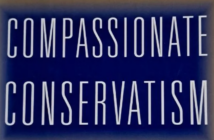By Megan Sayles,
AFRO Business Writer,
msayles@afro.com
Mayor Brandon Scott in January announced that Shelby Switzer would become director of Baltimore’s new Digital Services Team.
The unit, created with a $2.1 million investment from the American Rescue Plan Act (ARPA), is the umbrella under which digital services are to be streamlined in the city. The goal is to make it easier for residents to access government benefits and services.
“Modernizing our city government is a very important part of the work to ensure that we’re being responsible stewards of city resources, also known as taxpayer dollars. The digital services team will help design and execute new technology and features for our city to improve access and service delivery for our residents,” said Scott.
“Our government has been stuck in the 90s for a long time. Shelby has a ton of experience in social innovation, government efficiency—which is extremely important to me— and project management, and we’re really excited to have them on the team.”
Switzer, a South Carolina native, sat down with the AFRO to discuss the new role. These responses have been edited for length and clarity.
What did your professional life consist of before working for the city of Baltimore?
After establishing my career as a software engineer, I moved to Atlanta and I was involved with the Code for Atlanta Brigade of Code for America; which is a network of volunteer groups across the country that helps connect residents with tech skills to community issues and local government.
I eventually moved to New York City and was working for a social mission-based startup there called Healthify, where I led the application programming interfaces (APIs) for our software product; which was for clinical social workers who were helping vulnerable populations connect to community resources.
From there, I transitioned to working for the federal government at the U.S. Digital Service (USDS). I started working with the Centers for Medicare and Medicaid Services on APIs and data infrastructure. I was there for almost a year until the pandemic hit, and then I switched over to working with the CDC on pandemic response.
My last project with the USDS was an environmental justice project. I was the tech lead on our team for the Justice40 Initiative. One of our main remits was to build the climate and economic justice screening tool where we used community and expert activist input to identify good datasets, which were then used to create an algorithm that identifies historically underserved communities to invest in.
Why is it important to modernize city government and how would you evaluate the state of Baltimore’s government in terms of technology?
It’s important because we are really lagging behind how folks experience modern life. Modernizing isn’t just about moving analog processes online. As a government, we will always have to have analog processes to serve community members who cannot or do not want to use tech. But, a big part of modernization is introducing a digital experience and improving it.
For example, right now if you want to have an event in a public space in Baltimore city, you have to print out a PDF that hasn’t been updated since three mayors ago. Then you have to bring that—with a check or cash, not a credit card— to a city building during work hours.
It’s very time consuming, and it really impacts the ability for people to have events here, as well as people’s overall quality of life and relationship with the city. We’re helping to improve that by creating an online form and maybe even implementing online payments.
We’re not doing tech for the sake of tech, we’re really thinking about the public experience, residents’ satisfaction with the city and outcomes.
How can technology be used to better support disenfranchised communities?
We’re basically enabling the city to meet residents where they are, at any time. We’re enabling them to be able to access city services and making city services easier to navigate, so if you’re making a civil rights complaint to the Office of Equity and Civil Rights, you can be sure that someone is actually looking into it.
Sometimes you need to be a law grad to understand the information on city websites and what you qualify for, so a big part of what we’re going to be doing is thinking about plain language, user experience and city service availability.
When residents have to use systems online, the status quo across a lot of governments is that tech turns off at night or over the weekends. You shouldn’t have an online form system that you can’t access at night or on the weekends because we know that’s when people are actually trying to interact with the city. They work, and they might have kids, so online services need to be available to them 24/7.
How do you hope your team will impact the daily lives of Baltimoreans?
I already think that Baltimore, at least for me, is a joyful place to live in. But, I don’t think it’s an easy place to live in for a lot of folks, in terms of interacting with the city and having trust and confidence in the city. I want to build the community’s trust and confidence and ensure that if they fill out a form online or apply for a benefit that they’re going to hear a response in a timely manner. I want it to be an easy process, and I don’t want them to be passed off to different departments all around the city, which is, unfortunately, what currently happens.
Megan Sayles is a Report for America Corps member.



